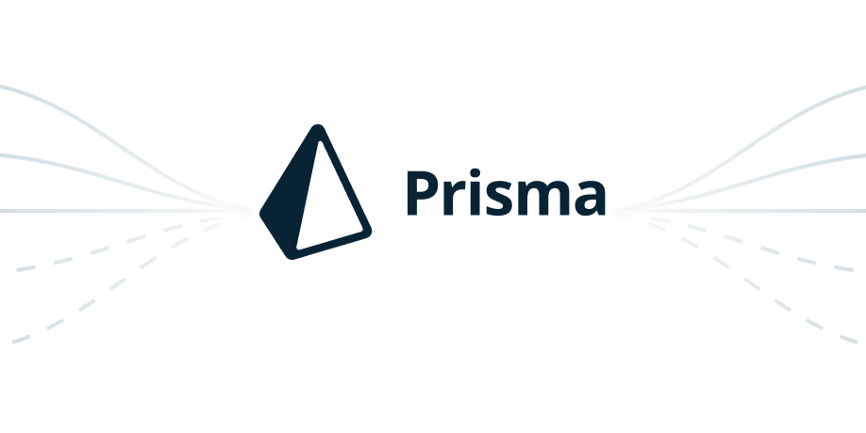An Object Relational Mapper (ORM) is a code library that plots the exchange of information put away in a data set (typically social) into objects addressed in the code. Node.js works with some incredible ORM libraries like Sequelize, TypeORM, and Prisma.
In this post, we will figure out how to utilize Prisma with the Express.js system and PostgreSQL data set. We will construct a straightforward Quotes REST API to add and present programming-related statements.
We should begin!
Presentation
As examined, ORMs let us characterize our models as classes that guide to tables in an information base. Dynamic Record and Data Mapper are two normal examples followed by ORMs. The two examples expect us to characterize classes to plot an association with the information base. Nonetheless, there is a crucial distinction between them.
Dynamic Record intently relates an application’s in-memory portrayal and information base table. For example, each field in the model will relate to a field in the information base table.
Then again, as the name recommends, Data Mapper freely maps in-memory portrayal to an information base table, decoupling the data set and the model.
Prisma utilizes the Data Mapper design, like Doctrine ORM in the PHP world. With parts like Prisma construction, customer and relocate, it has the fundamental bases covered.
Upsides and downsides of Using an ORM
Perhaps the most widely recognized aces of utilizing an ORM is that you don’t have to compose SQL. Another benefit is that you can possibly switch data sets with no issues, as seller explicit rationale is preoccupied in an ORM.
The connection between rich, object-arranged plans of action is likewise characterized well in the code. Unquestionably, the make, track, and rollback movements are incredible motivations to decide in favor of ORM use.
On the other side, utilizing an ORM can cause execution issues. The N+1 issue isn’t elusive in some ORMs. ORMs are made for general purposes, so they will add a layer of intricacy to your application.
Another con of utilizing an ORM is that the question developer can’t do a few things that are really simple to do with crude SQL inquiries. In the same way as other different things in computer programming, there will be a compromise in utilizing an ORM, so you need to pick astutely.
I have utilized various ORMs in my vocation. Once, I even needed to revamp an ORM-based execution to crude SQL questions for a business as a result of some presentation and information irregularity issues. ORMs are a brilliant instrument for low to medium-level intricacy and scale, however you may encounter a few issues at a higher burden.
In any case, this shouldn’t prevent you from needing to utilize an ORM. Following up, we will take a gander at certain requirements for this instructional exercise, highlighting Prisma, Express.js, and PostgreSQL.
Essentials
Before we jump into the code, here are a few essentials:
You ought to have Node.js running on your machine, in a perfect world the LTS adaptation.
Information and some experience of running npm orders is required.
A running nearby PostgreSQL data set is required. You can run it with Docker on the off chance that you wish.
Fundamental information on ORMs is valuable yet excessive.
With those requirements out of our way, it’s an ideal opportunity to bounce into some code.








